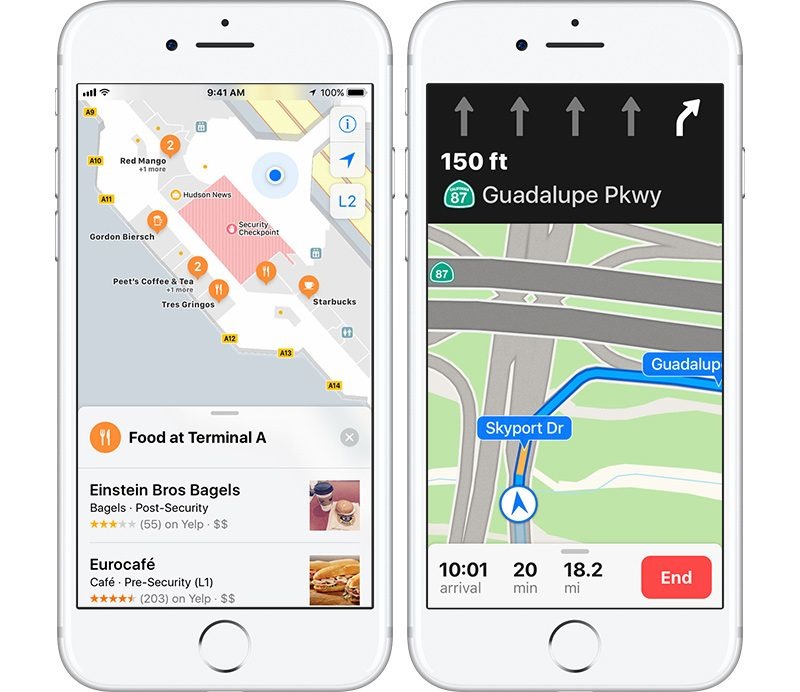Several high-profile technology companies, including Apple, have submitted a amicus brief in a key case at the U.S. Supreme Court, expressing concerns about warrantless police access to cellphone location data.
Other tech firms listed in the brief include Airbnb, Cisco, Dropbox, Evernote, Facebook, Google, Microsoft, Mozilla, Snap, Twitter, and Verizon. Collectively, the companies argue that the court should "refine the application of certain Fourth Amendment doctrines to ensure that the law realistically engages with Internet-based technologies and with people's expectations of privacy in their digital data."
The case in question is Timothy Carpenter v. United States. Police obtained Carpenter's location history without a warrant, leading to his eventual robbery conviction. At court he's being represented by the American Civil Liberties Union, which says that the government violated Fourth Amendment rights against search and seizure.
Apple has adopted a broad pro-privacy stance, most famously refusing to write a backdoor into the iPhone of San Bernardino shooter Syed Rizwan Farook, despite legal action by the U.S. Deparment of Justice. Efforts against Apple were dropped when the DoJ announced it had found another way of accessing Farook's phone.
Ensuring that location data can't easily be accessed or demanded may both alleviate the burden on companies like Apple and increase the perception of iPhones as secure devices.
 Roger Fingas
Roger Fingas




-xl-m.jpg)



 Chip Loder
Chip Loder
 Thomas Sibilly
Thomas Sibilly
 Wesley Hilliard
Wesley Hilliard
 Christine McKee
Christine McKee
 Amber Neely
Amber Neely
 William Gallagher
William Gallagher
 Malcolm Owen
Malcolm Owen








3 Comments
As someone who is very familiar with emergency communication centers (911) I can tell you that warrantless location tracking happens hundreds of times every day in larger cities. I would say 10,000+ times a day across the United States. Everytime someone calls 911 and says "help me" and then hangs up a tracking process is initiated to help law enforcement track down and find the person that had called for help. To require someone to go get a warrant from a magistrate or judge every time this happens is simply unreasonable. Now I could see if you want to do a long term, on-going investigation where your tracking someone for weeks or months reference a criminal investigation then yeah get a warrant.